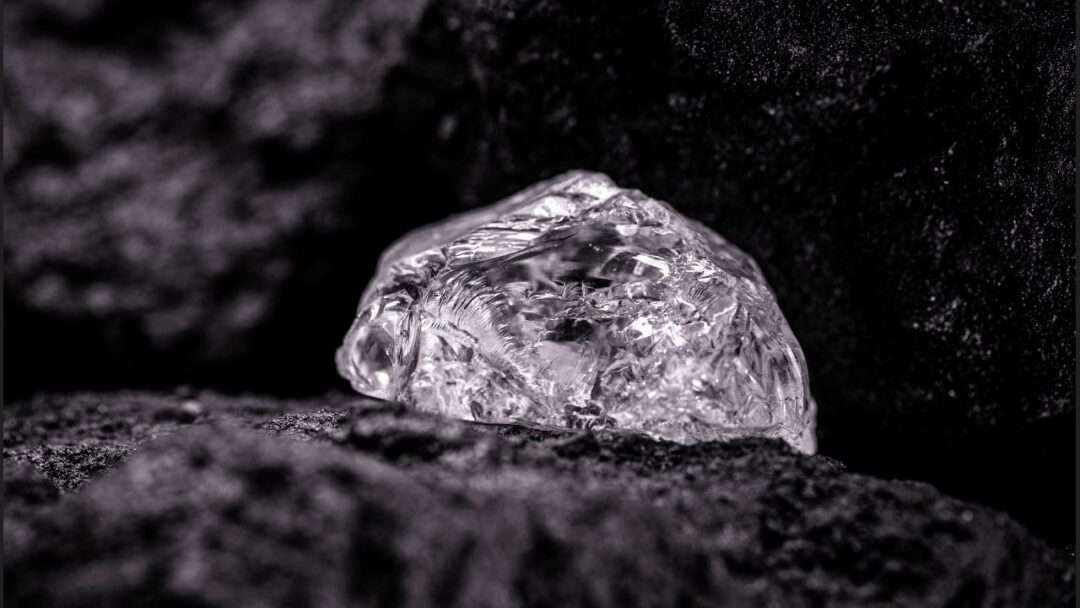Table of Contents
The Geopolitics of Natural Resources: Exploring the $3 Trillion Lithium Deposits in J&K
In recent years, the discovery of lithium reserves in the Jammu and Kashmir (J&K) region of India has generated significant interest and attention both domestically and globally. According to recent estimates, the region holds up to $3 trillion worth of lithium, a critical mineral for the production of electric vehicle batteries and other high-tech devices. The discovery has the potential to transform the region’s economy and significantly impact the global geopolitics of natural resources. However, it also poses significant environmental and socio-economic challenges that need to be addressed.

Environmental Impact:
- Lithium mining and extraction can have significant environmental impacts. The process of extracting lithium from the earth’s crust involves drilling, pumping, and injecting fluids into the ground to extract brines. These fluids can contaminate groundwater sources and cause soil erosion, leading to irreversible damage to the environment.
- The J&K region is a fragile ecosystem that is already facing multiple environmental challenges. The region is prone to landslides and earthquakes, and the extraction of lithium could exacerbate these issues.
- The extraction of lithium can also lead to deforestation, as companies often need to clear forests to access the mineral reserves.
- However, it is possible to minimize the environmental impact of lithium mining by adopting sustainable mining practices. Companies can use renewable energy sources such as solar and wind power to reduce their carbon footprint. Additionally, the adoption of efficient water management techniques and responsible waste management practices can help reduce the negative impact on the environment.
- This will also effect wildlife of J&K.
Socio-Economic Impact:
- The discovery of lithium reserves in J&K has the potential to transform the region’s economy, which has traditionally been based on agriculture and tourism.
- The lithium reserves can generate significant employment opportunities for the local population, leading to a reduction in poverty and an improvement in the standard of living.
- The development of lithium reserves can also stimulate economic growth in other sectors, such as transport and manufacturing, leading to increased investment and further job creation.
- However, the rapid development of the mining industry can also lead to a range of socio-economic challenges. The influx of workers and companies into the region can lead to the displacement of local communities and the exploitation of vulnerable populations.
- The mining industry can also lead to the degradation of cultural heritage sites, which are an essential part of the region’s history and identity.
Solutions:
- To mitigate the environmental impact of lithium mining, it is essential to adopt sustainable mining practices that minimize water consumption, reduce energy consumption, and minimize waste generation.
- Companies must also invest in the restoration of ecosystems that have been damaged by mining activities. This includes reforestation, soil conservation, and the restoration of waterways.
- It is crucial to engage with local communities to ensure that they are aware of the potential benefits and risks of lithium mining. This includes consultation and participation in the decision-making process, which can help build trust and promote long-term sustainability.
- The government should establish strong regulatory frameworks to ensure that mining activities are conducted responsibly and in accordance with environmental and social norms.
Conclusion:
The discovery of lithium reserves in J&K has significant potential to transform the region’s economy and contribute to the global production of high-tech devices. However, it is crucial to address the environmental and socio-economic challenges associated with lithium mining. The adoption of sustainable mining practices, community engagement, and strong regulatory frameworks can help mitigate these challenges and promote long-term sustainability. The responsible development of lithium reserves can create employment opportunities, reduce poverty, and stimulate economic growth while protecting the environment and respecting the rights of local communities.